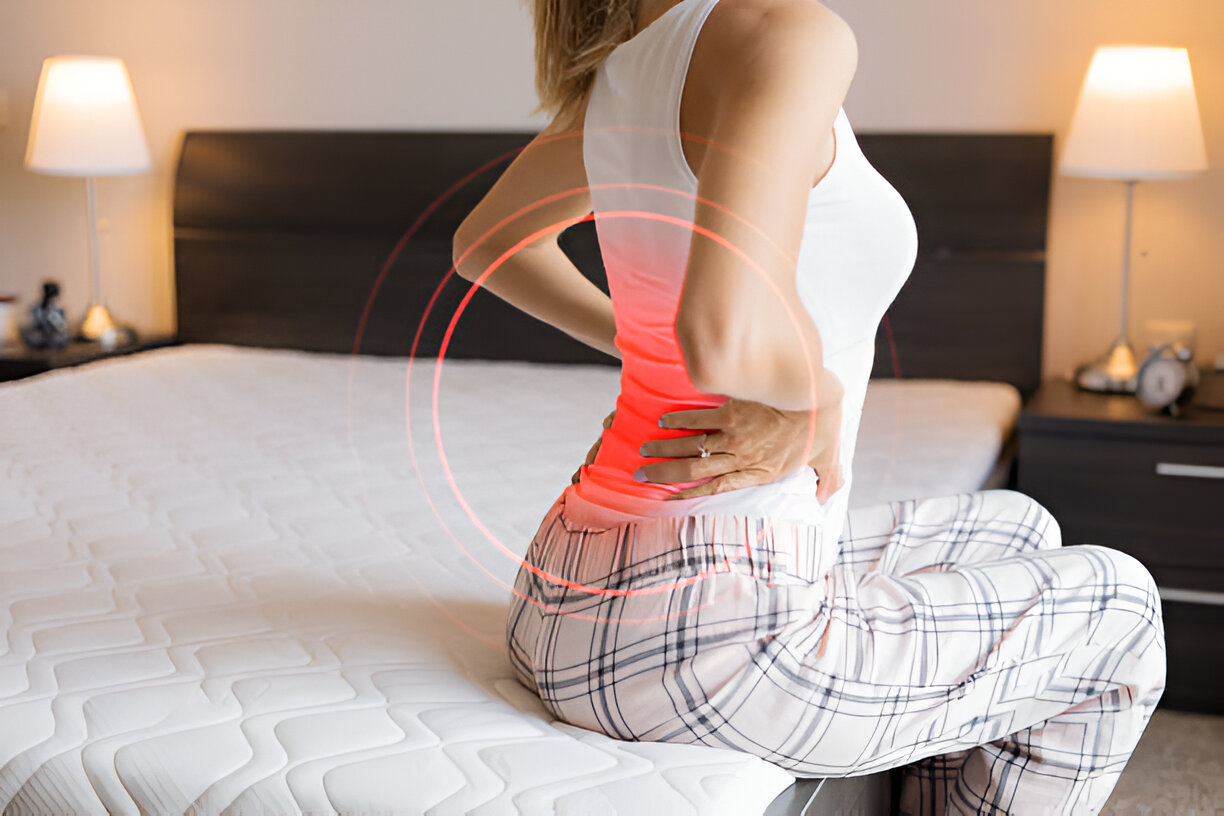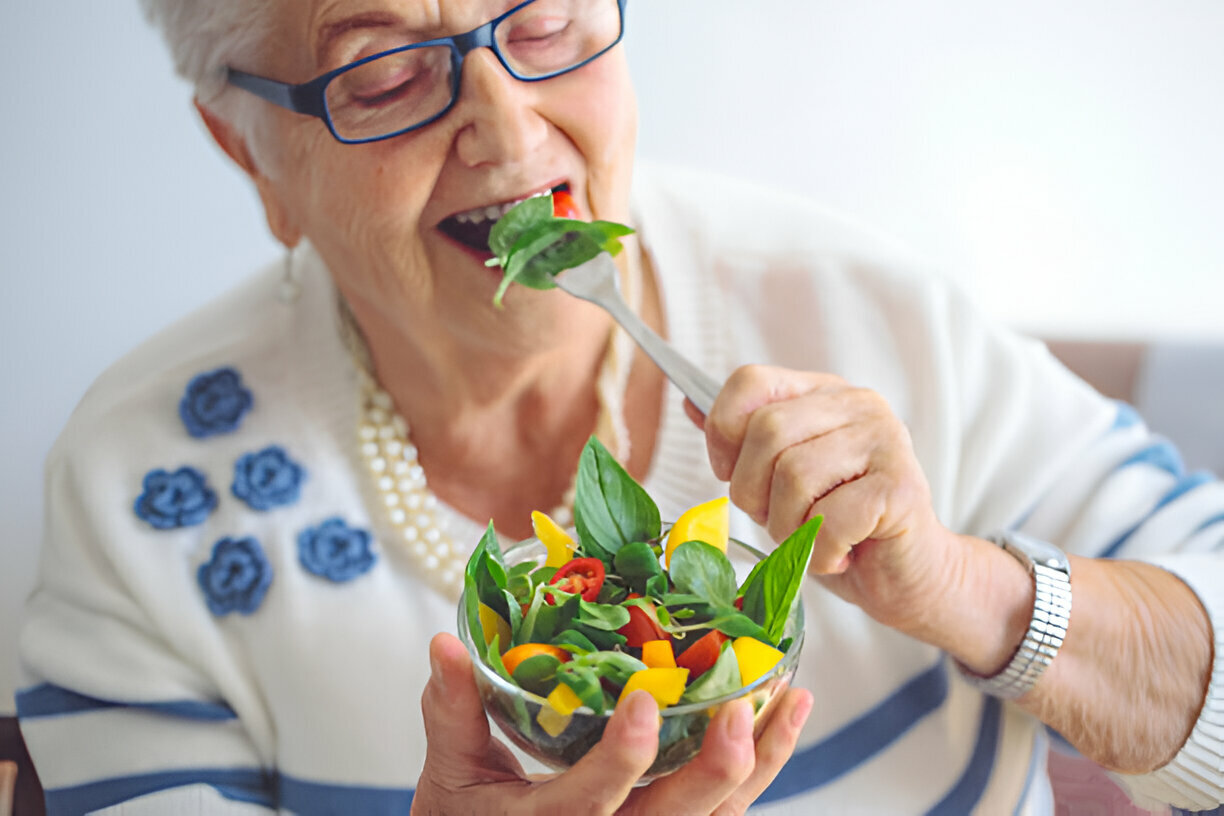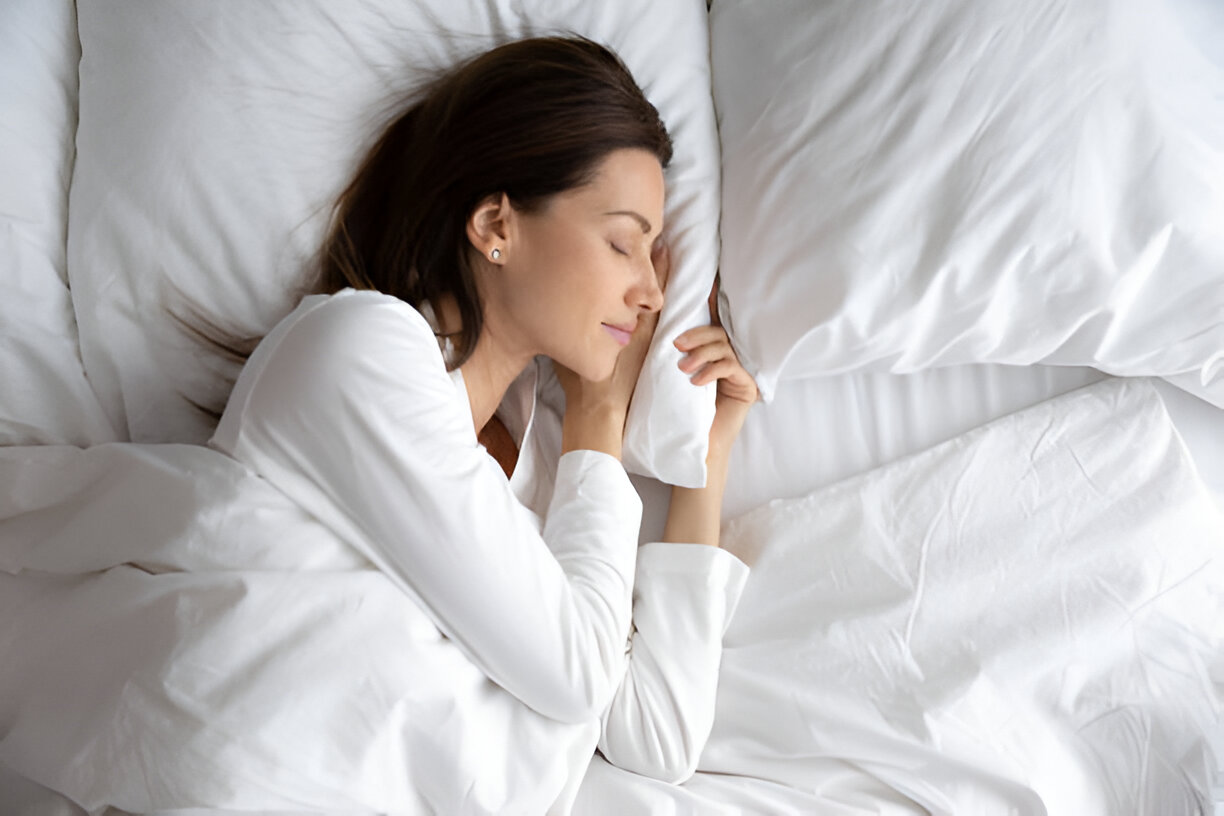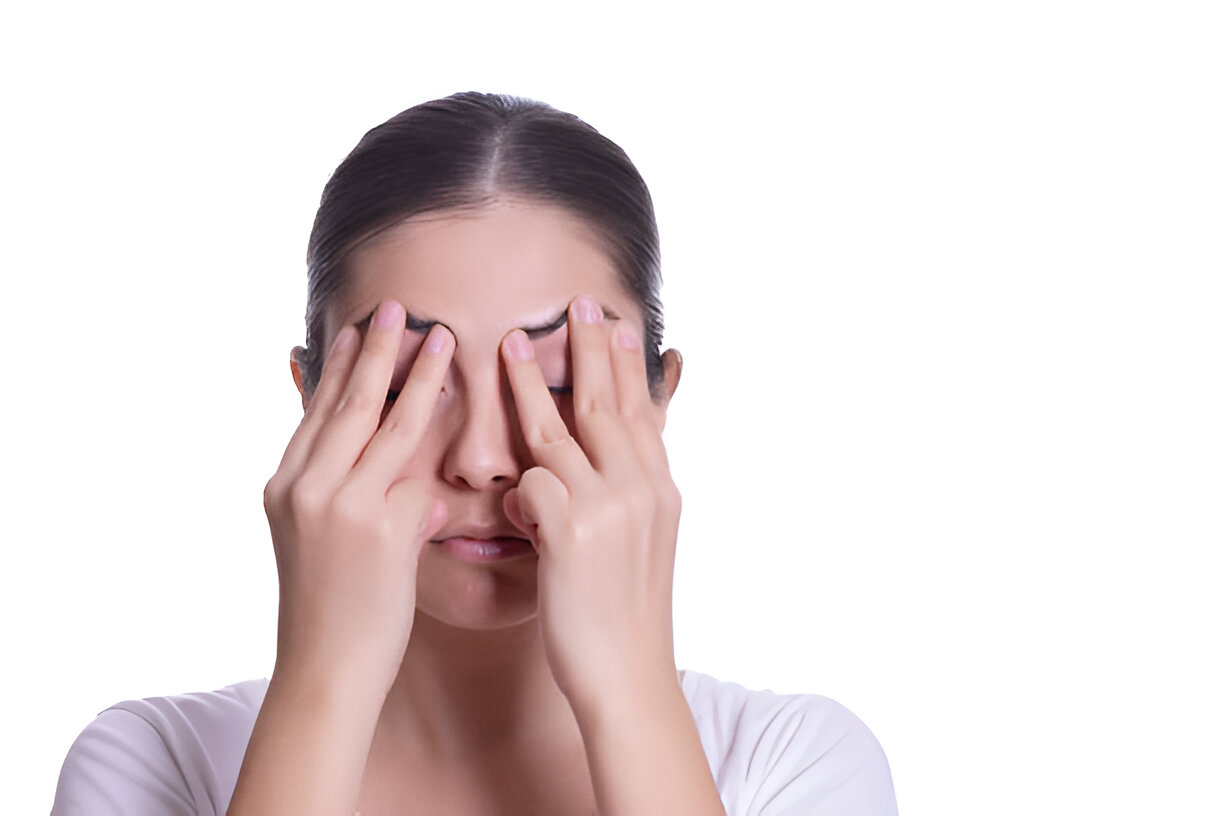We all have been there – those nights, when you barely get 4 hours of sleep and still need to push through the next day. Whether it’s due to work, studies, travel or person commitments, lack of sleep can leave you feeling drained, fog and less energized. While nothing replaces a good quality sleep, best foods and drinks can help you power through the upcoming day, improve focus, boost energy and helps to recover from the sleep deprived effects to your body. A lack of sleep has been shown to increase ghrelin, (hunger hormone) and weakens glucose control, leaving you more likely to overeat. So be aware, due to lack of sleep you may feel more hungry, remember that it also has an immediate impact on your ability to deal with glucose for the day. Aim for protein- rich start to the day and give your breakfast, a helping hand by going for a brisk walk outside to aid glucose metabolism.

Best Foods For Lack of Sleep
So what are the best foods for energy when you are lack of sleep? According to nutritionist and hormone specialist Hannah Alderson, the solution starts in the kitchen by consuming some best foods to boost energy and quick recovery to power you throughout the day without energy crashes. We have pick some expert-approved, research-backed best foods that really boost energy during lack of sleep.
Eggs
Eggs are your protein-rich ally. High in vitamin B12 and leucine, they help repair cells, regulate energy metabolism, and keep blood sugar stable. A study confirms, high-protein breakfast to improve cognitive performance and reduced food cravings through the day. Pairing eggs with fiber-rich carbs like multigrain toast makes a balanced start and keeps you full and focused throughout the day.
Bananas and Oats
Bananas are not only quick energy boosters but also rich in potassium and slow-digesting carbs, that fuel your body without the insulin spike. Pair them with oats, as oats contain beta-glucan, a fiber that stabilizes blood sugar and improve alertness.
Almonds and other nuts
Almonds are pack with magnesium, healthy fats and proteins, all off which support stable energy production. They also contain vitamin B that convert food into energy – especially important when your system’s running on low. A small handful can curb cravings and lift brain fog.

Beetroot or beetroot juice
Rich in nitrates, beet juice supports oxygen flow and blood pressure regulation, helping to boost stamina. The improved distribution of oxygen to tissues helps lessen nighttime awakenings and promote more restorative, due to lack of sleep.
Fatty fish, seeds and Pufa-rich foods
Rich in fatty acids, these foods improves memory, focus and reduces inflammation. Omega-3 supports brain function, especially when sleep is lack. Salmon, chia seeds, flaxseeds, walnuts are some good source of fatty acids.
Stay hydrated
Dehydration makes fatigue worse. Green tea, Ginger tea, Lemon water and other herbal teas helps the nervous system to calm. Especially green tea with low caffeine types can reduce levels of stress harmones which are commonly linked to lack of sleep. L-theanine found in green tea is amino acid that promotes calm focus. Instead of pounding multiple coffees, go for green or herbal teas to stay hydrated.
Coffee, but strategically
Yes, you can have a cup of coffee, it can help – but too much Can lead to anxiety and crashes. Pair with food to avoid stomach irritation. Stick to one or two cups and avoid in altogether in the early couple of hours. For a brain boost, adda scoop of collagen or protein powder to coffee. Cocoa or cinnamon can enhance antioxidant value without affecting blood sugar.
Iron-rich Foods
Low iron levels increases fatigue. Iron improves oxygen transport , boosts stamina. Lentils, lean red meat, spinach, pumpkin seeds, fortified cereals are good source of iron rich foods.
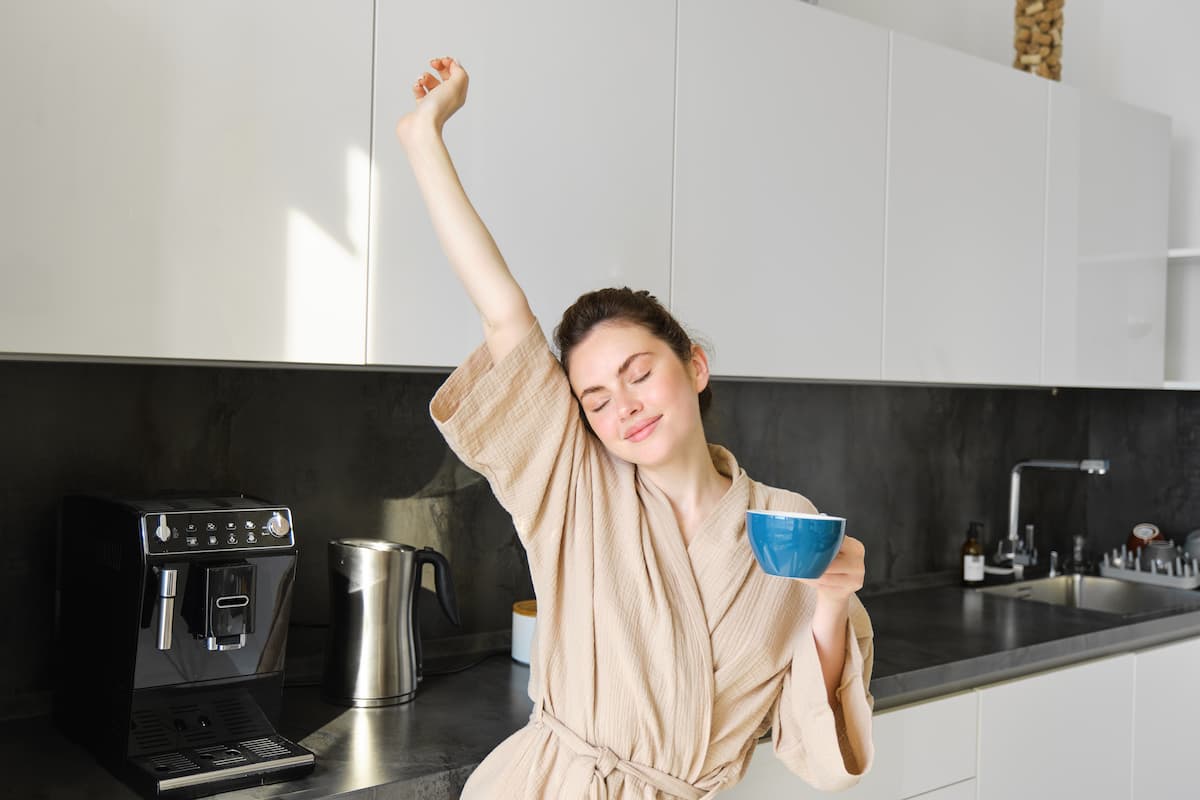
Foods to skip during lack of sleep
Some foods will make you feel more tired, bloated, or irritable. Avoid such foods during lack of sleep. Energy drinks, sugar cereal and pastries might feel like a good idea to feel quick energized – but they will spike your insulin and leave crashing within the hour. After a wake up night, it might seem like a good choice to grab something sweet for quick energy boost but you will end up feeling even more tired, and before you could realize it, you are hungry again. Greasy fast foods also slows digestion and increases sluggishness. Also avoid much caffeine, it may cause jitters and worsen anxiety.
A Super Diet For Lack Sleep
Sleep is the ultimate medicine for health, but food also comes close second and choosing best foods will help you overcome the factors and effects of short sleep. Here is a balanced food plan to help you overcome fogginess due to lack of sleep. These foods helps to keep you energized, boosts your stamina and avoid fatigue.
Morning
Have scrambled eggs + wholewheat toast + avocados slices
A cup of green tea or coffee (optional)
for a complete breakfast.
Mid-Morning snack
Greek yogurt with berries and chia seeds boosts your metabolism in no time.
Lunch
Grilled salmon are rich in omega-3 fatty acids, a supportive food to repair and maintain the loss of proteins due to lack of sleep. Lentils are also another good choice for lunch.
Afternoon snack
Almonds or nuts works as a excellent afternoon snack to boost energy, promote satiety and supply key nutrients that support various aspects of health without causing energy crashes. You can also have a sip of herbal tea of your choice.
Dinner
Grilled chickens are power house of proteins. While chic-peas are good option for vegans, a great source of vegetarian proteins to boost energy metabolism, brain function and immune health.
Quick tips for managing lack of sleep
Eat smaller balanced meals instead of heavy ones Snack every 3-4 hours for avoid dip in energy. Sugar and junk food make fatigue worse. Try to avoid them. Stay hydrated by drinking much of water or smoothies. Try to get some sunlight in the morning. It boosts alertness and helps you to remain focused

A Must Reminder During Lack Of Sleep
While best foods can temporarily boost energy and focus, they are not a replacement for quality sleep. A lack of sleep for long time can lead to chronic sleep deprivation, effecting your overall health. A good quality sleep recharges not only your body but also your nervous system. Lack of sleep can lead to weight gain, weakens your immunity, increase risk of heart disease and diabetes. Some can also suffer with mental issues like anxiety and depression. So use these tips as short-term survival guide, Aim to get 7-9 hours of quality sleep for long term health.
Latest Blog
Back Pain: Bad Habits That Are Hurting Your Back
Daily Habits That Secretly Damage Your SpineMany of us unknowingly engage in activities that harm our backs every day. Back pain has become increasingly common, affecting people of all ages and lifestyles. Understanding these harmful habits is the first step toward protecting your spine and preventing chronic pain.Poor Posture at Your DeskThe way you sit at your desk can make or break your back health. Slouching, hunch...
10 Natural Ways to Boost Your Metabolism Over 50
As you age, you might notice that maintaining a healthy weight or feeling energetic isn’t as easy as it used to be. After 50, your metabolism naturally slows down, which can lead to weight gain, fatigue, and a general sense of sluggishness. But don’t worry—there’s plenty you can do to give your metabolism a boost and feel your best. In this article, we’ll explore 10 natural, science-backed ways to rev up your metabolism over 50. Thes...
5 best kept secrets to losing weight after 60 female
Turning 60 is a milestone worth celebrating. You’ve gained wisdom, confidence, and a deeper understanding of yourself. But let’s be honest—your body isn’t the same as it was in your 20s or 30s. Metabolism slows down, hormones shift, and losing weight can feel like an uphill battle. If you’re a woman over 60 looking to shed a few pounds and feel your best, you’re not alone. The good news? It’s absolutely possible—and it doesn’...


